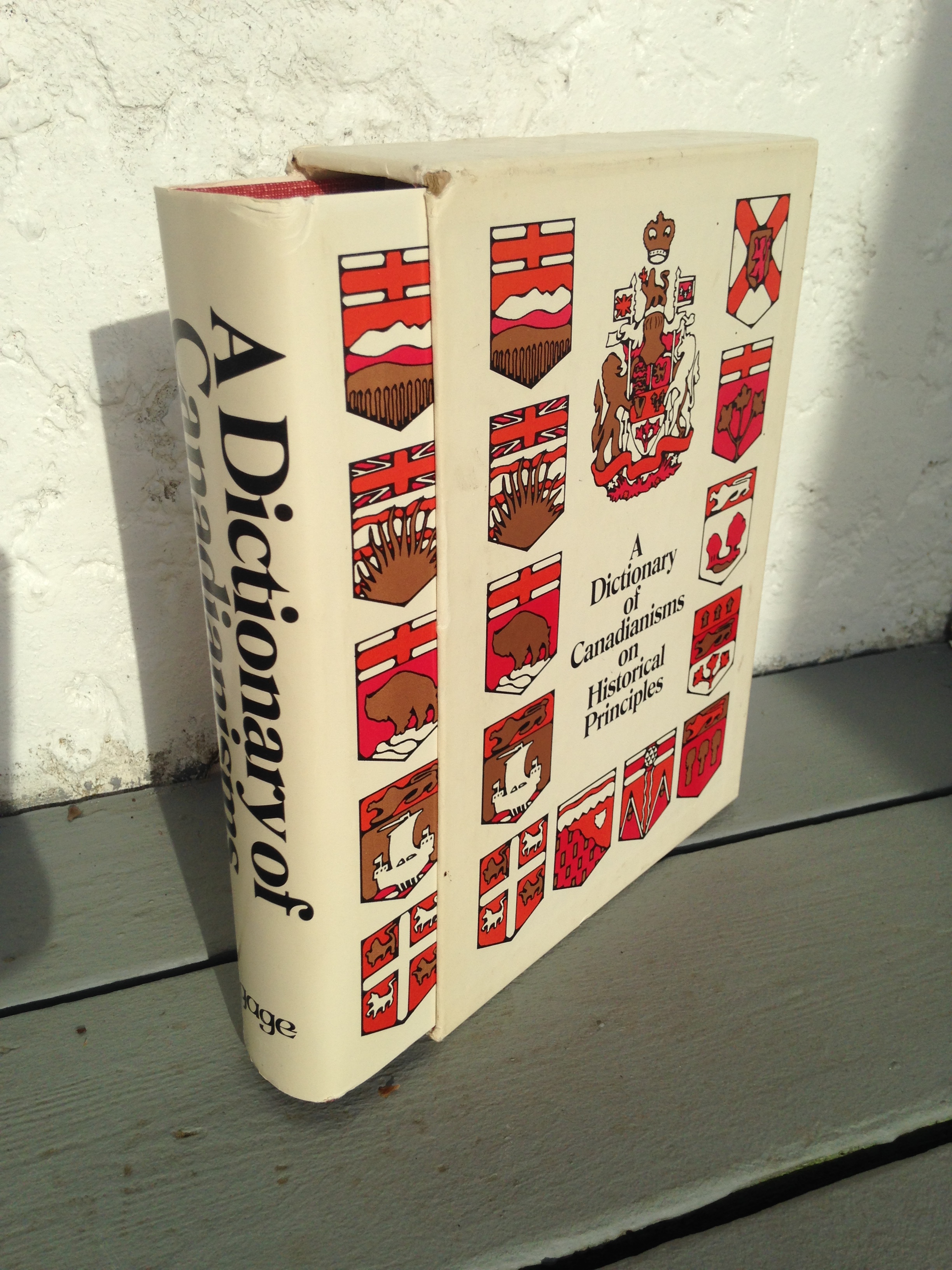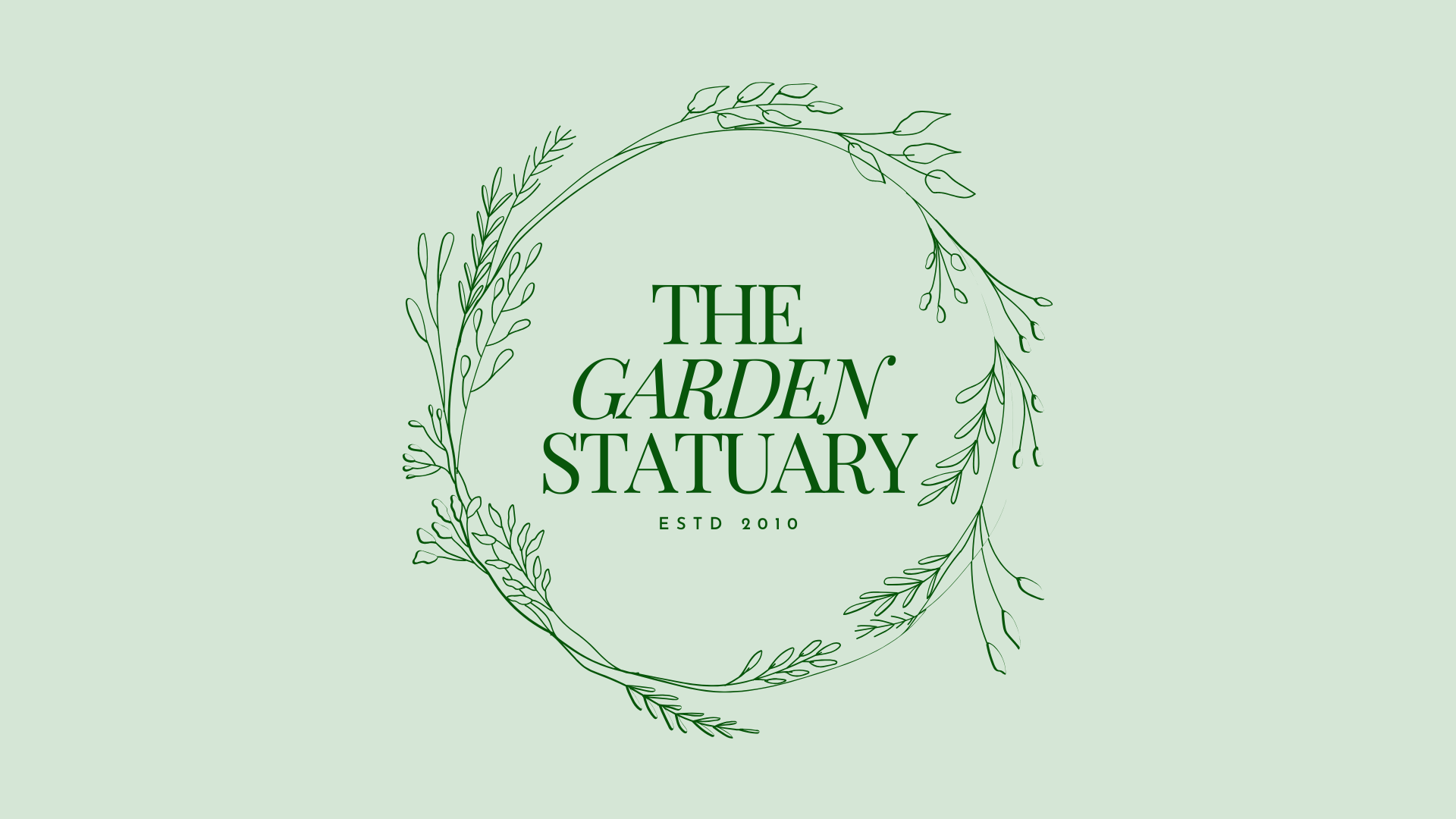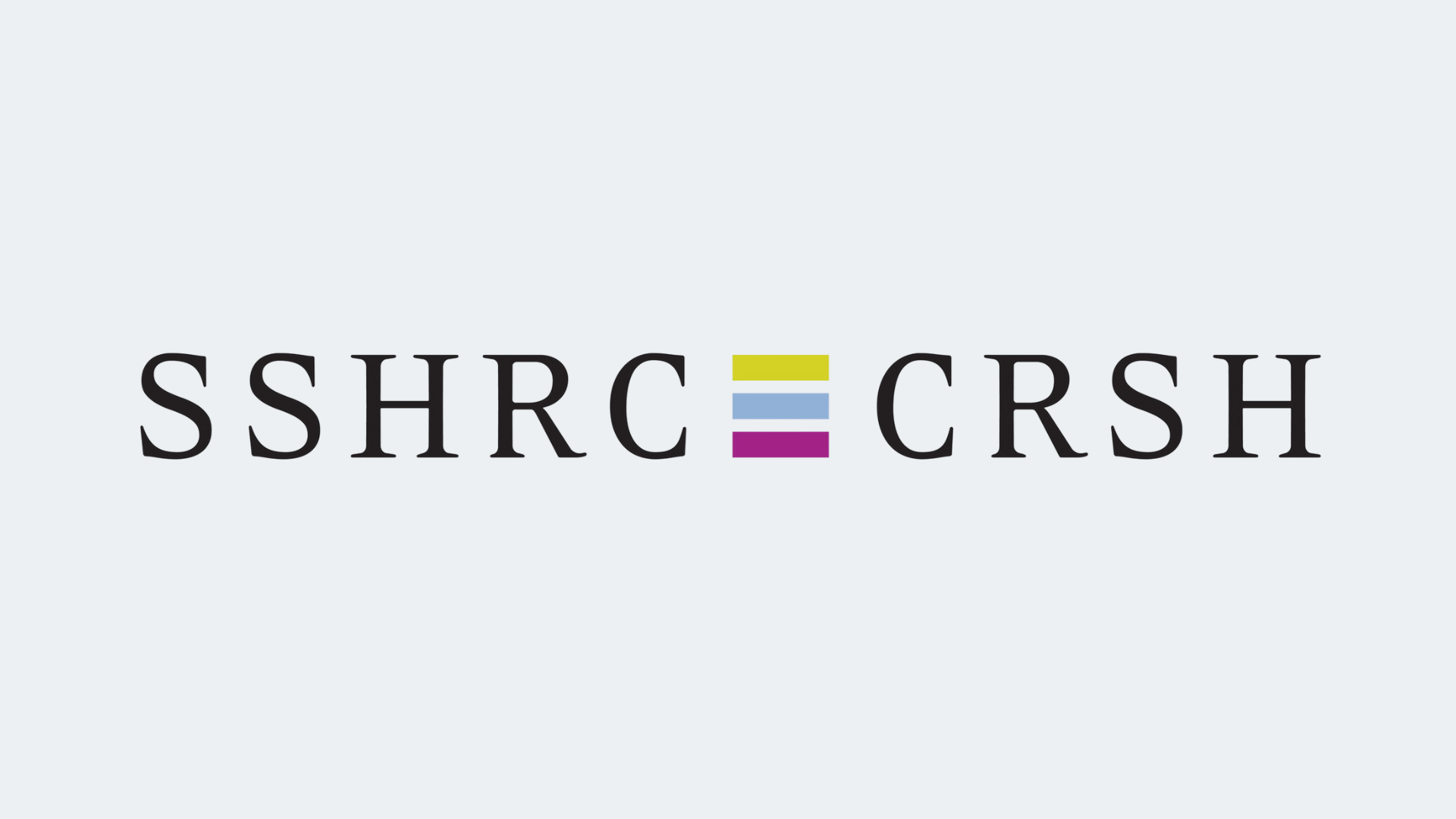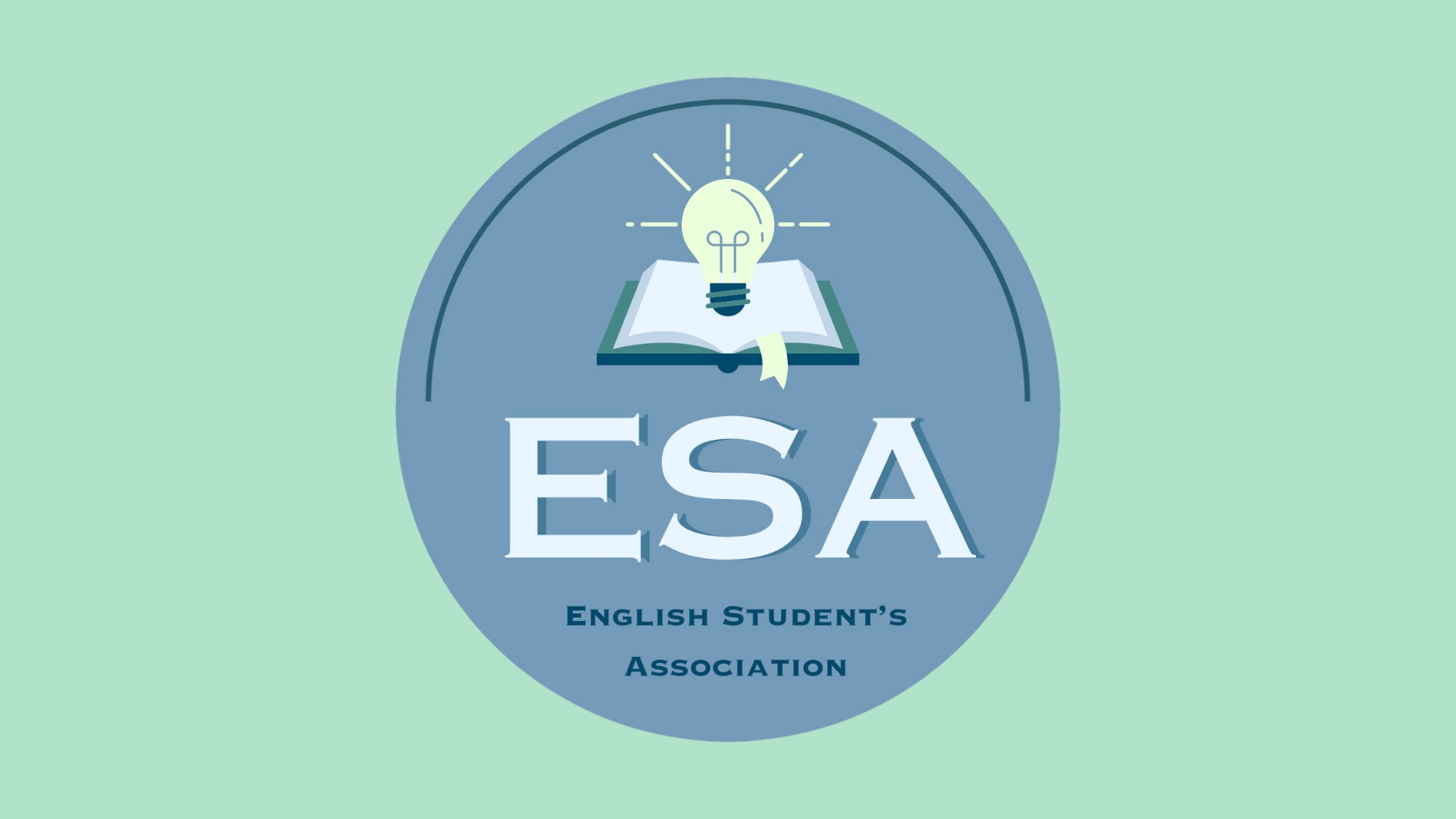

Top row from left: Alexander Dick, Mary Chapman, Stefan Dollinger, Elise Stickles. Bottom row from left: Christine Kim, Dallas Hunt, Kevin McNeilly, Phanuel Antwi.
The Department of English Language & Literatures is pleased to announce Drs. Alexander Dick, Mary Chapman, Stefan Dollinger, Christine Kim, Elise Stickles, Dallas Hunt, Kevin McNeilly, and Phanuel Antwi have received Social Sciences and Humanities Research Council (SSHRC) Grants for 2022.
Learn more about their projects below.
Insight Grants
Through the long-eighteenth century, Na h-Eileanan a-Staigh and Na h-Innse Gall, known today as the Inner and Outer Hebrides, were visited by scientists, travellers, and writers, whose goal was to transform the islands into a regional base for a fishing industry. They encountered a harsh coastal environment that challenged their scientific and aesthetic worldviews, and a proud Gaelic-speaking people committed to a distinctive way of life, culture, and ecology. Imagining the Hebrides tells the story of these encounters through closely contextualized readings of eighteenth-century Anglo-Scottish and Gaelic literature: a coastal poetics. It charts the colonialist incorporation of the Hebridean landscape into the national self-images of Enlightenment Scotland and Romantic Britain, and recounts the assimilation and degradation of Hebridean people through economic policy and racist propaganda. It also argues for a nuanced understanding of coasts as a meeting point of terrestrial and maritime environments and for the resiliency of Hebridean literature and culture.
Intimate Empire: The Story of Sui Sin Far’s Family is intended to be an accessible microhistory of Asian North American literature’s founders, short story author and journalist Edith Eaton/Sui Sin Far, and her sister novelist, journalist, and screenwriter Winnifred Eaton Reeve/Onoto Watanna, their British silk merchant-artist-smuggler father Edward (1839-1915), and their Chinese-born mui tsai-tightrope-dancer-missionary mother Amoy (1846-1921). This project will trace a complex history that spans England, Asia, the United States, Caribbean, and Canada, from the era of clipper ships’ circuits between Asia and the West to Hollywood’s golden era depicting a multiracial “western” frontier. The scattered archive of this interracial, transnational, polycultural family invites us to re-interpret the “intimacies of four continents” (Lowe) in the long 19th century, and to reconceptualize relationships between England’s textile industry, Asia’s export of products and people, North America’s settler-colonial projects, and the African diaspora through the family’s experiences in Northern England, Southern China and Japan, French Canada, the Northeast, California, the Northwest, Alberta, Jamaica, and beyond.


First edition of A Dictionary of Canadianisms on Historical Principles (1967).
This project, already underway, is building a new edition of the Dictionary of Canadianisms on Historical Principles (DCHP). While the current edition from 2017 unlocked and updated a milestone 1967 dictionary, DCHP-3 will be a mobile-friendly application. New content will focus on terms by equity-deserving groups and, in support of reconciliatory efforts, on the historical record of Indigenous band names, which were collected but left aside in DCHP-1 (1967). Moreover, we seek to document new Canadian terms, meanings, and uses that have come into existence more recently, including caremongering, take up (meaning to ‘go over test/exam answers’) and gong show (meaning ‘chaos’, and was recently identified as Canadian). Showcasing traditionally underrepresented lexemes, such as those deriving from Africadian and Black Canadian experiences, this work is not just purposeful in its own right, but is a necessary precursor to a new, more equitable and up-to-date Canadian English dictionary of general scope and appeal.
Metaphors influence how we reason about and understand the world around us, and in turn, the metaphors we use in our language reflect our opinions and attitudes. To say that we are in a “war” against COVID-19 communicates that it is an “enemy”, and that there is a conflict, meaning that damages can be done to both sides, and counter-attacks might occur. It might also suggest that if a person succumbs to the disease, they “lost their battle” because they didn’t fight hard enough.
This project will study the metaphors used to describe COVID-19, cancer, and climate change in English, French, and Spanish across Canada, France, and the United States. We will develop a new database for French metaphors and improve our existing English and Spanish databases. We will also develop tools for analyzing metaphors in large text collections. Ultimately, by better understanding how we reason about these global threats, we can improve public health and science communication strategies.
Aid to Scholarly Journals Grant
Canadian Literature is an academic quarterly that publishes peer-reviewed scholarly articles in French or English related to the field of Canadian literature, broadly defined. The journal’s deep commitment to Canadian writing does not stop there. We also publish book reviews of critical and creative works, poems, short notes, writings of importance that have been rediscovered in the archives, interviews with writers, and articles by writers about their craft.
Partnership Grants
“Visual Storytelling and Graphic Art in Genocide and Human Rights Education” will gather and commemorate the experiences of genocide and mass atrocity survivors, including survivors of the Holocaust, as well as from Rwanda, Bosnia, Kosovo, Iraq, Syria, and Indigenous genocides in Canada. Building on a SSHRC Partnership Development Grant project titled But I Live: Three Stories of Child Survivors of the Holocaust, the expanded project models an innovative approach to testimony collection through which survivors and artists co-create graphic narratives. The project will also produce a documentary film, traveling exhibitions for museums and galleries, and educational materials.
The project brings together 11 survivors, 13 artists, and 52 scholars, who will partner with 34 museums, schools, human rights groups, and other organizations in 16 countries.
“Improvising Futures,” will expand the global reach and disciplinary impact of critical improvisation studies (CSI). The project will bring together an interdisciplinary network of more than 80 researchers, artists and community activists along with 80 organizations from 10 countries. “Improvising Futures” has four research streams: storytelling, public space, decolonization and wellbeing. The team will investigate how arts-based improvisational practices can produce collaboration across diverse fields, such as environmental science, medicine, law and engineering.


